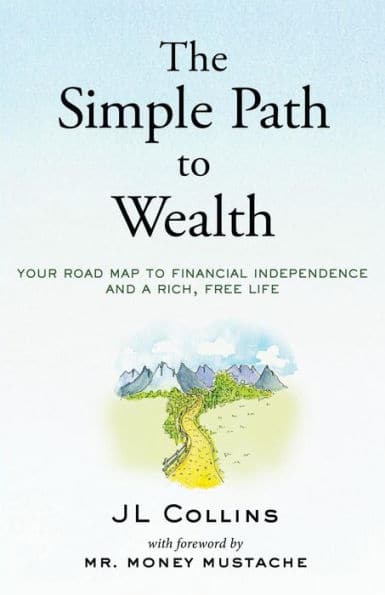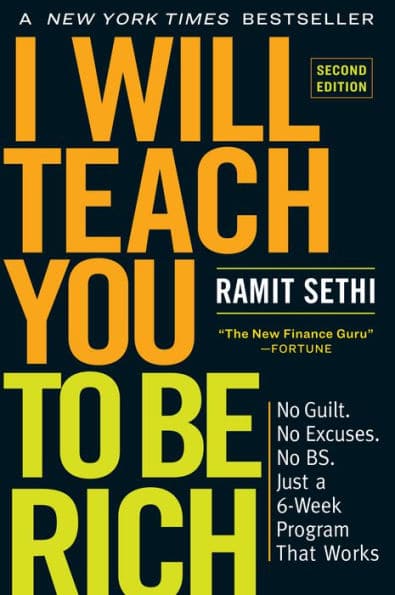This was a wild month, so I didn’t get much reading time — something I hope to rectify whole-heartedly next month. In October I traveled for work, met a deadline for my book edits, started a new session in my high school English class, scheduled our next Literary London, and hosted a gathering of readers and listeners this past weekend… most of this was fun, but it was a doozy.
Like last month, I’ve been on a personal finance kick, so both non-fiction books are in that genre.
The Simple Path to Wealth, by JL Collins
This was a fantastic 101 primer on living below your means in order to invest above and beyond in the name of financial freedom. The book is based on Collins’ stock series on his blog, so technically, I could have more-or-less read that in its entirety instead.

Instead, I chose to listen to the audiobook, and I’m glad I did. He’s got a great, grandfatherly-deep voice, and I found it helpful to look up resources and ideas as I listened (index fund names, tracking tools, and the like). That may simply be because I tend to be an auditory learner.
Really recommend this gem for a straightforward, no-nonsense path for long-term financial planning.
5 out of 5 stars ⭐️⭐️⭐️⭐️⭐️ | Audible | Amazon | B&N | Indie
I Will Teach You To Be Rich, by Ramit Sethi
I’ve admittedly avoided this book for about a decade because the name was such a turn-off for me. But I saw that Sethi released an updated version this year, and I had Audible credit to use — so I figured, why not? After listening to the entire thing, in my opinion, I’d say it’s …okay.

He’s talking to a younger reader, I believe — probably someone freshly out into adulthood and uninitiated into the world of financial know-how. This means I found his concepts a bit basic, but not necessarily wrong. I simply already knew most of them.
His tone is also a bit snarky, which works well for some readers. It worked with me about a few topics, I’ll admit (debt and banks come to mind). But it rubbed me a bit the wrong way when he got into investing, spending, and living frugally. I believe this is a matter of taste over principle, to be honest, because most of what Sethi teaches is more-or-less sound. (I think AoS readers might disagree with him about the value of big spending.)
And I’d say while Sethi does cover investing, Collins’ book is a better go-to for an in-depth look for long-haul investment strategy. Sethi’s covers more money basics.
3 out of 5 stars ⭐️⭐️⭐️ | Audible | Amazon | B&N | Indie
Short Stories
This month I led a series in my English class on the American short story, so I read (and taught about) the following:
- An Occurrence at Owl Creek Bridge, by Ambrose Bierce
- The Story of an Hour, by Kate Chopin
- The Yellow Wallpaper, by Charlotte Perkins Gilman
- The Lottery, by Shirley Jackson
- To Build a Fire, by Jack London
- The Tell-Tale Heart, by Edgar Allan Poe
- On Civil Disobedience (excerpts), by Henry David Thoreau
Most are in the public domain, and all are worth reading. Thumbs up to all seven stories, for various reasons.
After several months of diving into non-fiction, I’m definitely itching for my fiction side to come back out and play. I’m currently in the early stages of reading Forward Me Back to You and Less, and I look forward to finding out what I think of them. November should be calmer.
What are you reading right now?
• Listen to the podcast episode about this post.



